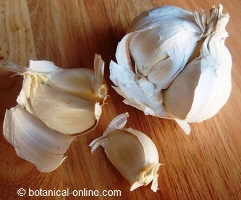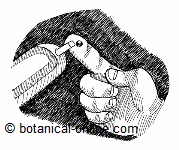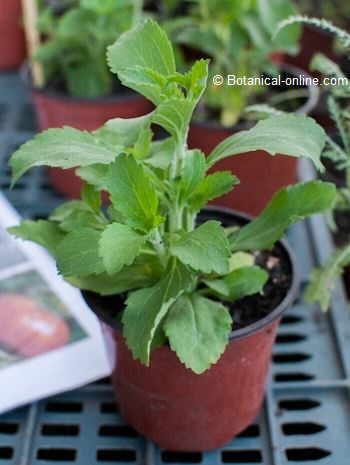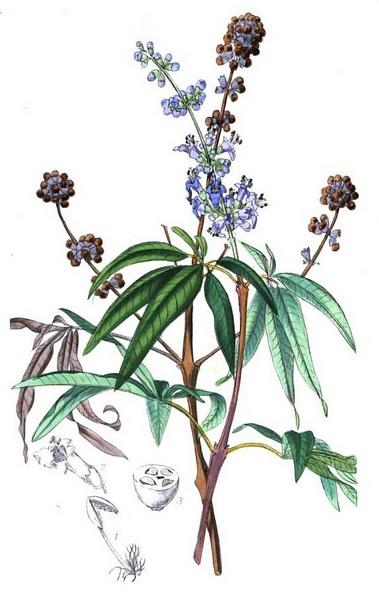Contents
Benefits of sulfur for health

Characteristics of sulfur. What is sulfur?
Sulfur (chemically represented by the letter S) in a very abundant mineral in the Earth
Sulfur in our body
In our body is in a proportion of 0.3% and is essential for life.
It is part of some amino acids, such as cystine, methionine and cysteine (sulfur amino acids).
It also forms digestive enzymes and vitamins.
Sulfur in nature
The largest deposit of sulfur is found in sedimentary rocks, mainly in the form of gypsum and in mineral rocks such as pyrite. The plants absorb this mineral from the soil, and thus it reaches our food.
Sulfur, in addition to proteins, is found as a constituent of many of the organic compounds that give odor and taste to

vegetables (sulfur compounds): glucosinolates (in cruciferous plants) and thiosulfonates (in liliaceae such as garlic and onions) .
Soil sulfur also comes from the decomposition of organic matter or chemical fertilizers.
Properties of sulfur for the organism
Sulfur exerts a structural function by being indispensable for the synthesis of proteins, through the amino acids L-cystine, L-cysteine and L-methionine.
It is part of different structures such as skin, cartilage and tendons, as part of keratin, creatinine and collagen. Without it, taurine can not be formed, which is so important for the stimulation of lean tissue.
Medicinal properties of sulfur
Among them, we have the following:


- Skin care: It is indicated for skin disorders, because of the role of these amino acids in the metabolism of creatinine. Because of a deficit of this mineral, disorders such as acne, dry skin, eczema, dermatitis or aggravate cases of psoriasis can occur.
- The deficit of sulfur can manifest in problems of fragile nails or hair with poor health.
- Arthrosis: A supplement with sulfur, methylsulfonylmethane, is prescribed to improve joint pain. Chontroitin sulfate is a compound found in the synovial fluid of the joints.
- Diabetes: Sulfur has functions in the stimulation of insulin production, which helps maintain glucose balance, our main source of energy.
- Sulfur also intervenes in the synthesis of some vitamins. It is required for the formation of biotin, thiamin, pantothenic acid and lipoic acid.
- Antioxidant: Participates in redox reactions as part of the vitamins mentioned above. It is also part of glutathione, an antioxidant compound found in abundance in broccoli and garlic.
- Antiseptic: It composes many antibiotic substances, some as important as penicillin.
Sources of sulfur: Where is it?
Sulfur-containing amino acids
The largest dietary source of sulfur are the amino acids cystine and methionine. These are found in foods rich in proteins such as meats, eggs, fish, shellfish, cheeses, legumes and nuts.
Sulfur compounds
Some plants contain compounds with sulfur:
- Family of the cruciferous, in the form of glucosinolates: Broccoli, cabbages, turnips, rutabagas, radishes, rapeseed, …
- Family of cruciferous or liliaceae, in the form of S-glucosides, mercaptans, allyl and vinyl sulphides : garlic (allicin) and onions (cepaene).
![]() More information on sulfur
More information on sulfur
MINERAL LIST
| MINERALS | MACROELEMENTS | MICROELEMENTS |
| Calcium, chlorine, phosphorus, magnesium, sodium, potassium | Copper, chromium, fluorine, iron, manganese, molybdenum, selenium, iodine, zinc. |








